Health
20 Childhood Memories That Leave Lifelong Scars

Childhood is a delicate phase where even the smallest moments can leave deep emotional impressions. What adults might dismiss as minor can actually shape a child’s self-esteem and identity. While no parent gets everything right, understanding how childhood experiences affect kids is crucial. These 20 memories highlight just how much emotional safety matters in shaping a child’s future.
Being Told To “Stop Crying” Or “Toughen Up”

Many children are discouraged from expressing emotions, especially sadness or fear, with phrases like “stop crying” or “toughen up.” While intended to promote resilience, this can teach children to suppress their feelings, leading to emotional repression. Over time, this may result in difficulties with emotional regulation and intimacy.
Being Left Alone For Extended Periods

Some children spend long hours alone at home, often because their parents are working or trying to foster independence. But too much time without support can lead to feelings of abandonment. Without proper supervision, safety becomes a concern, and the absence of a trusted adult can make it harder for children to build a strong sense of trust.
Experiencing Bullying
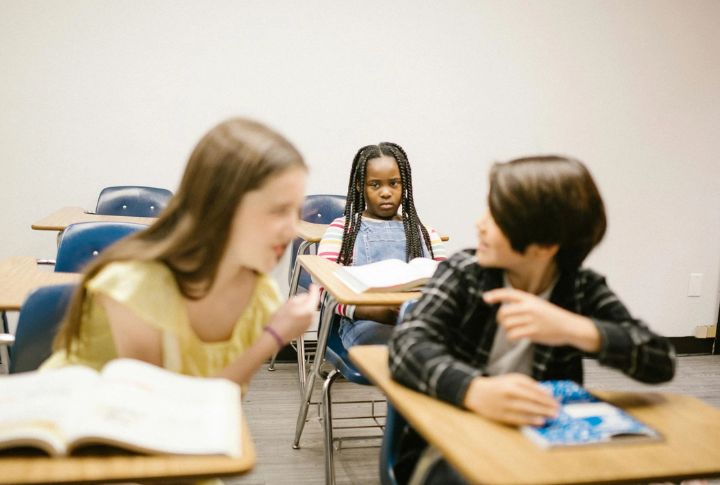
Bullying, whether at school or in other settings, can have lasting psychological effects. Victims often feel fearful and isolated, and the trauma can lead to low self-esteem and depression. Even after the experience stops, the emotional scars may persist for years if help is not sought.
Living With A Mentally Ill Parent

Growing up with a parent who has an untreated mental illness can create an unpredictable and confusing environment. Children may take on caregiving roles prematurely, leading to parentification. The role reversal can hinder their own emotional development. They may also struggle with feelings of guilt or responsibility for their parents’ condition.
Experiencing Physical Discipline
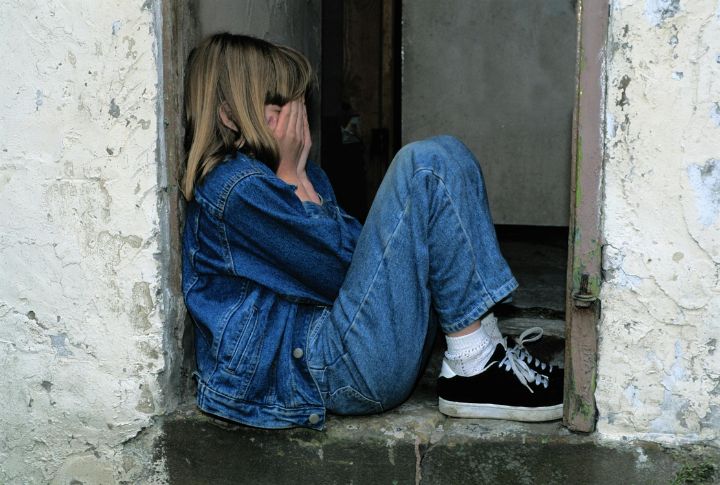
Physical punishment, including spanking or hitting, is often used to correct behavior. However, it can instill fear rather than understanding. Children may grow to associate love with pain, which leads to confusion in relationships. This form of discipline can also normalize violence as a means of conflict resolution.
Being The Family Mediator

Some children are placed in the role of mediator during family disputes, even though this responsibility is beyond their developmental capacity and can be overwhelming. They may feel torn between loyalty to different family members. Such roles can lead to chronic stress and anxiety. In adulthood, they may struggle with prioritizing their own needs.
Witnessing Parental Conflict

Regular exposure to parental arguments or conflicts can be distressing for children. Even if not directed at them, the tension creates an unstable environment. Children may internalize the conflict, feeling responsible or helpless. This can result in chronic stress and anxiety. Long-term exposure may affect their own conflict resolution skills and relationship dynamics.
Experiencing Academic Pressure
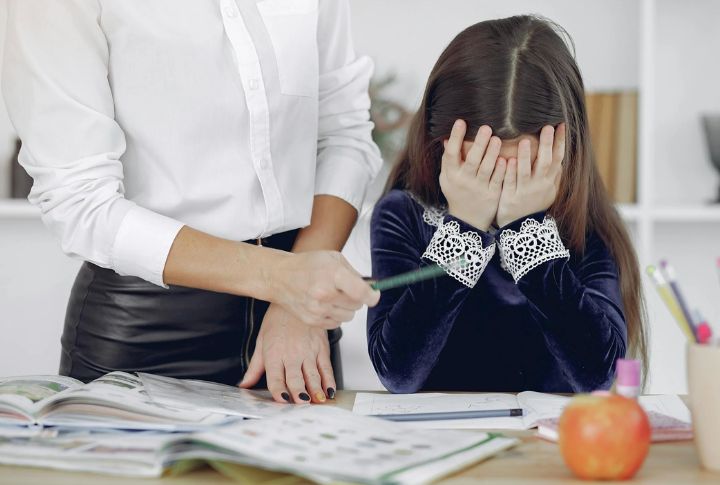
High expectations for academic achievement often create significant stress for children. Fear of failure may stifle the joy of learning, and the resulting pressure can lead to burnout and a fear of disappointing others. Children may also develop perfectionistic tendencies. Balancing encouragement with support for individual interests is vital.
Being Compared To Siblings Or Peers

Encouraging children to look up to others for inspiration can be helpful, but constant comparisons can erode their self-esteem. They may feel inadequate or unloved and become resentful. Comparisons can also foster sibling rivalry and hinder the development of a positive self-identity. Instead, children need to be recognized for their unique qualities.
Experiencing Parental Neglect

Emotional or physical neglect can deeply impact a child’s growth. When a child doesn’t receive the care and attention they need, they may feel unwanted and alone, leading them to struggle with trust. This lack of support can also slow their emotional and mental development.
Being Forced To Provide For The Family
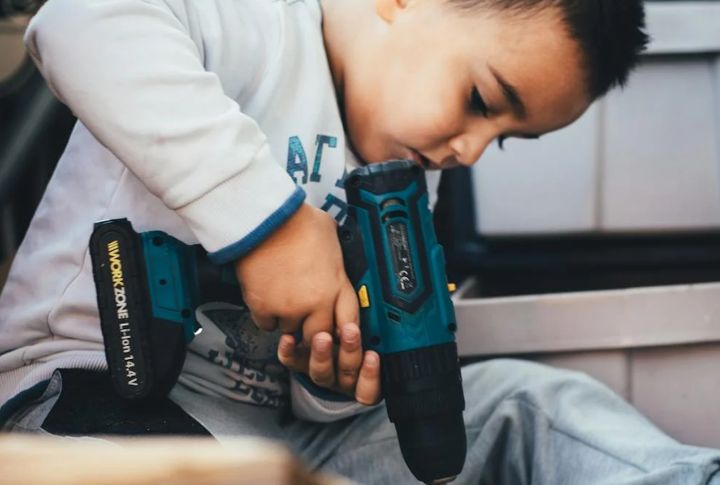
Any child who’s required to take on jobs to help meet family needs may miss out on essential developmental experiences. This often occurs in families facing financial hardship or illness. In some cases, the children suppress their own needs to care for others. The children may eventually struggle with identity and emotional regulation.
Experiencing Cultural Or Racial Discrimination

When children face discrimination based on their culture or race, they may internalize negative societal messages. Discrimination can lead to identity confusion and low self-esteem as the kids begin to feel isolated or marginalized. Such experiences can also impact academic performance and social relationships.
Witnessing Substance Abuse
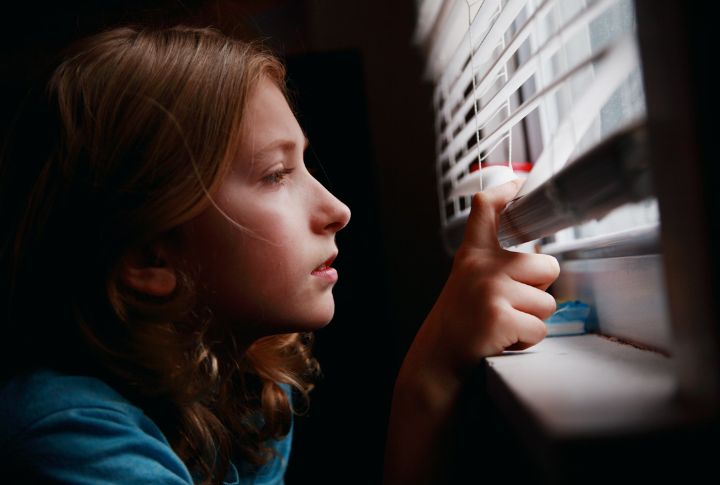
Growing up in a home where substance abuse is present often means living with chaos and uncertainty. Kids in these situations may experience neglect or inconsistent care, which can leave them feeling vulnerable and unsafe. With time, the weight of this emotional toll can cause anxiety or depression—and unfortunately, it often leads to future substance struggles.
Experiencing Chronic Illness Or Hospitalization
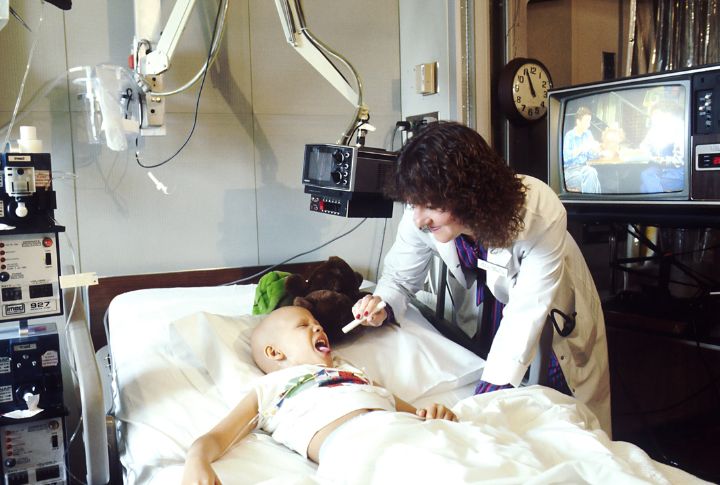
Children with chronic illnesses or extended hospital stays often endure more than just physical pain. They miss out on social interactions and milestones, creating feelings of isolation or being “different.” Repeated medical procedures and uncertainty can also cause deep-seated anxiety. In adulthood, they may struggle with PTSD-like symptoms or an overdeveloped stoicism.
Having An Emotionally Unavailable Parent

Growing up with a parent who is emotionally distant can be just as damaging as more obvious forms of neglect. The child may often feel invisible or unworthy of love and attention. Additionally, they may not learn how to recognize or express their own emotions, leading to difficulties in future relationships.
Constantly Moving Or Changing Schools

Some parents think frequent moves help kids become adaptable, but constant relocation can be unsettling. Continuously making and losing friends can disrupt a child’s sense of stability and belonging. It can also affect their academic progress and overall personal growth.
Being Told to “Be Seen, Not Heard”

When children are told to stay quiet or discouraged from expressing themselves, they may grow up thinking their voices don’t matter. Whether this message is direct or subtle, it can deeply damage their self-esteem. As adults, they might become overly passive, avoid conflict, or constantly agree with others, both in relationships and at work.
Living Through Divorce Or Parental Separation

Although divorce can be the healthiest choice for some families, it’s often traumatic for children caught in the middle. Even amicable separations can disrupt their sense of security and routine. Some may even feel guilt, believing they somehow caused the split, while others may feel forced to choose sides.
Having Your Privacy Ignored

Children need some privacy, and kids who grow up with none often struggle to establish autonomy. An absence of privacy through reading diaries or constant surveillance can create deep mistrust and a lack of safety in their own space. It may teach them to hide aspects of themselves rather than be open.
Being Labeled The “Good” Or “Easy” Child

On the surface, being seen as the “good” child seems like praise, but it can come with its own burdens. A child given such a label often suppresses their needs and emotions to avoid being a burden. They might feel they must always perform or succeed to be loved.

